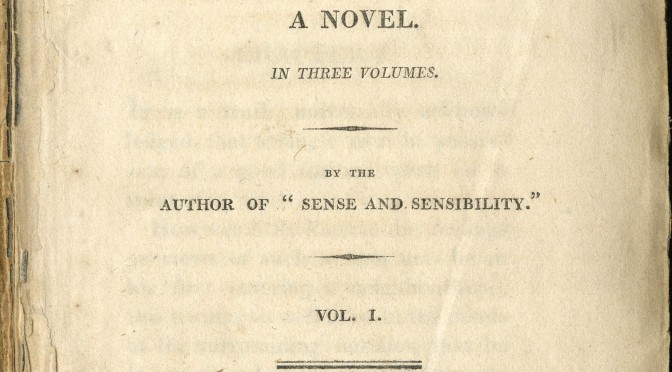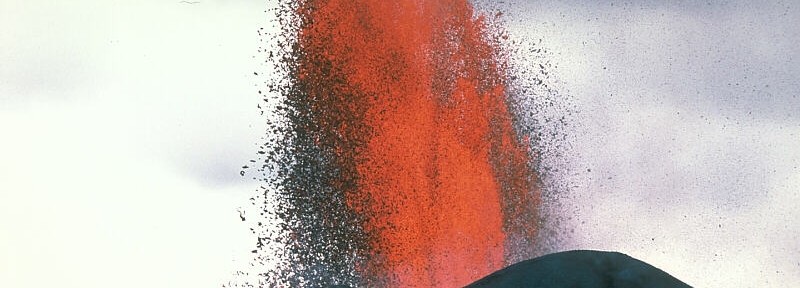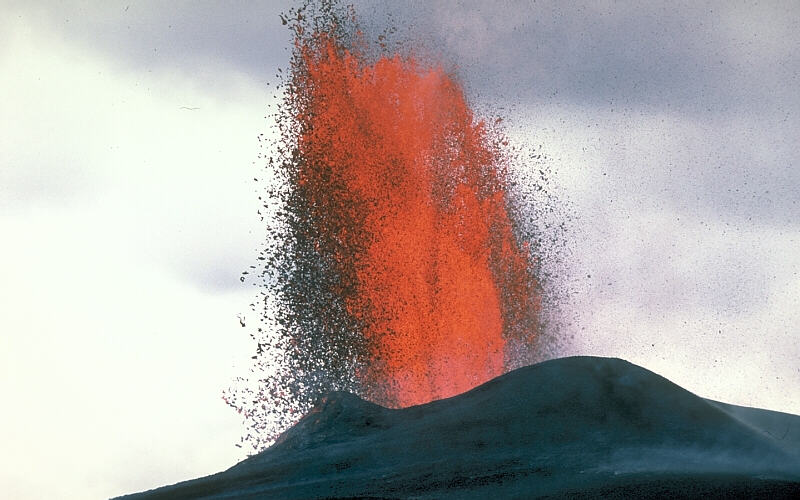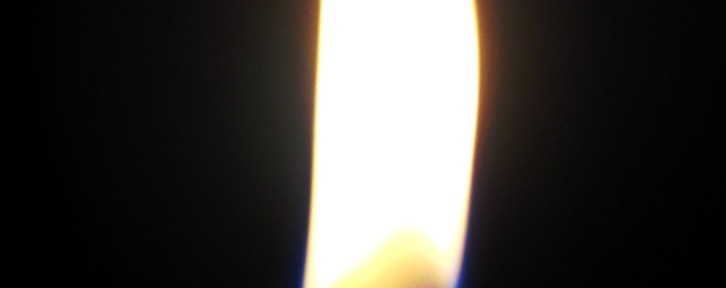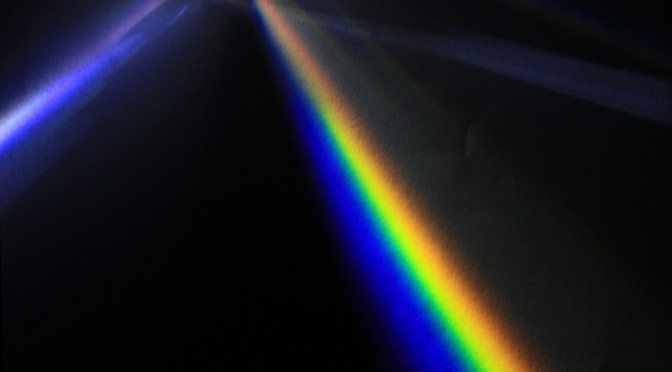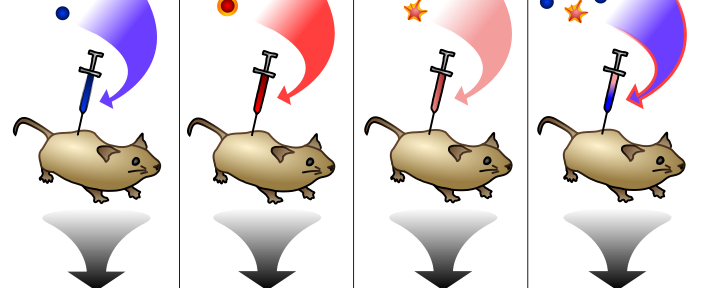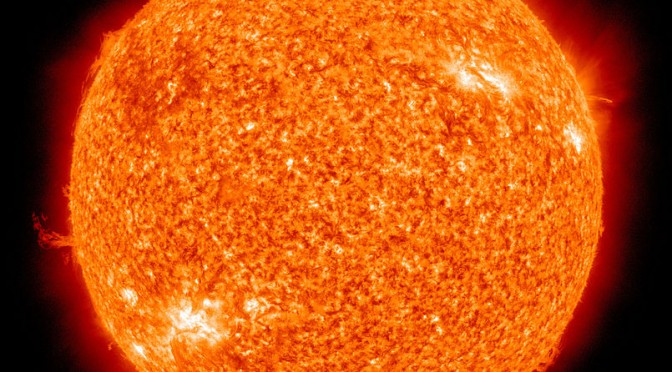If you’re reading this blog, you probably have a passing familiarity with the word “photon,” even if it’s only in reference to the torpedoes that arm most of the Federation ships on Star Trek. But just in case you chose to spend your teenage years enjoying sunlight and people that exist in real life, a photon is the smallest possible particle of light that you can have. “But Keith,” you say, “I thought you just said that light is a wave. Now you’re telling me it’s a particle. Most of your arguments in the last post about light had to do with showing how light can’t be a particle. It can spread out, interfere with itself, bend around objects, remember?” Yes, I remember. I was hoping you wouldn’t notice. I guess I’ll have to try to distract you by changing topics completely. In a previous HDWKI, we discussed the Doppler effect as a way to find planets orbiting other stars. In it, we mentioned briefly that blue light and red light have different energies, and that blue light is more energetic than red light. Actually, it’s a long-established fact that the shorter the wavelength of light, the more energy the light contains. And you’re probably asking right now: “What does any of this have to do with light being a particle? And, come to think of it, how do we know that shorter wavelengths of light are more energetic, anyway?” I would tell you to stop asking questions faster than I can answer them, but in this case, the answers to the two questions are related in a pretty unexpected way.

